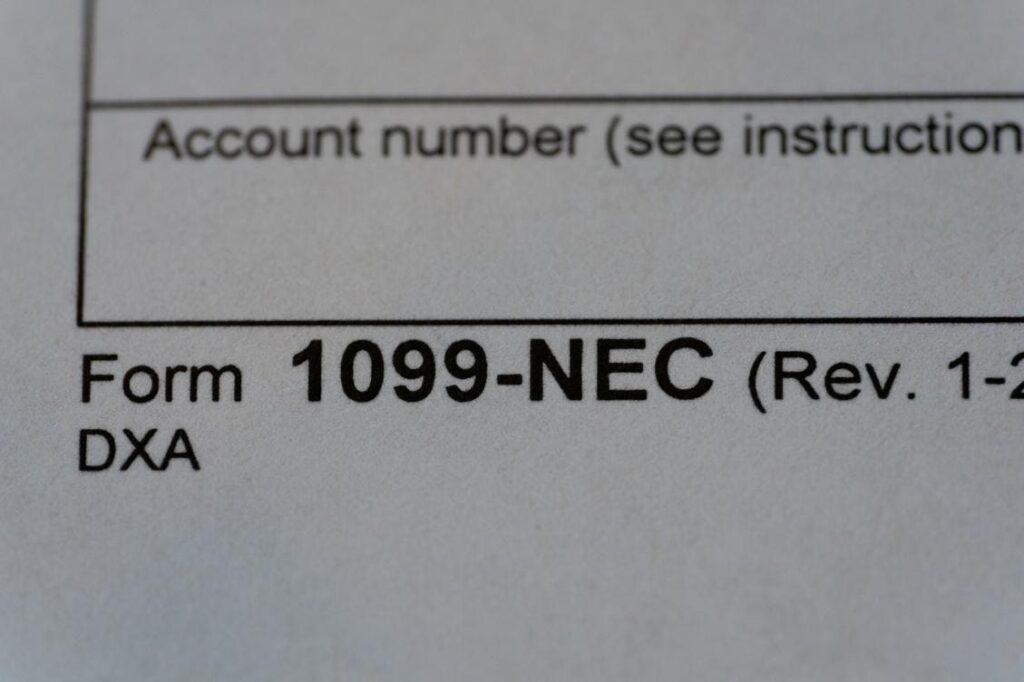IRS Forms 1099 for 2024 should arrive in January, reporting how much you were paid during the calendar year. Each Form 1099 is matched to your Social Security number, so the IRS can easily issue a tax bill if you fail to report one. If you don’t include the reported item, you should expect an audit or a tax notice about the amount reported on your Form 1099.
But does that mean every Form 1099 is accurate? Not necessarily, Forms 1099 can be wrong, so check them carefully. Getting a transcript from the IRS is a useful way to double check your information, and verifying how much you were actually paid by whoever issued you the form is important too. Businesses must issue the forms to any payee (other than a corporation) who receives $600 or more of a variety of types of payments during the year.
That’s just the basic threshold, but there are many exceptions. That’s why you may receive a Form 1099 for every bank account you have, even if you earned only $10 of interest income. The key is IRS matching. If you receive a Form 1099, you can’t just ignore it, because the IRS won’t. There are many variations of the form too.
There’s Form 1099-NEC for independent contractors, 1099-INT for interest; 1099-DIV for dividends; 1099-G for state and local tax refunds and unemployment benefits; 1099-R for pensions and payouts from your individual retirement accounts; 1099-B for broker transactions and barter exchanges; 1099-S for real estate transactions, etc. There are many categories, but the Form 1099-MISC (for miscellaneous) seems to prompt the most questions.
How about the absence of a Form 1099? If you received income, you are required to report it, even if you do not receive a Form 1099 for a payment. Also, don’t assume that no Form 1099 will arrive even if you don’t receive a Form 1099 by February or March. There are penalties on companies that issue Forms 1099 late, but some come as late as April or May. That might occur after you have already filed your tax return.
Why might you not receive a Form 1099 that reports income to you? Perhaps it got lost in the mail, or was not sent to your current address. Even if an issuer has your old address, the information will be reported to the IRS (and your state tax authority) based on your Social Security Number. Make sure payers have your correct address so you get a copy. Update your address directly with payers, and put in a forwarding order at the U.S. Post Office. It’s also a good idea to file an IRS change of address Form 8822. The IRS explains how to notify IRS. You’ll want to see any forms the IRS sees.
If there is an error on a Form 1099 tell the payer immediately. If you disagree with the information on the form but can’t convince the payer you’re right, explain it on your tax return. There are many judgment calls companies have to make when issuing these forms. For example, most lawsuit settlements are reported, and in many cases the tax rules are not clear. For example, if you settled a suit and received taxable damages, report the payment as income.
But if you have arguments that the lawsuit recovery should not be taxable, the last thing you want is a Form 1099. Some damages are tax-free under Section 104 of the tax code, but only physical injuries and physical sickness qualify. Receiving a Form 1099 can be especially worrisome for a legal settlement, since with some lawsuit settlements, legal fees can’t be deducted.
Read the full article here











